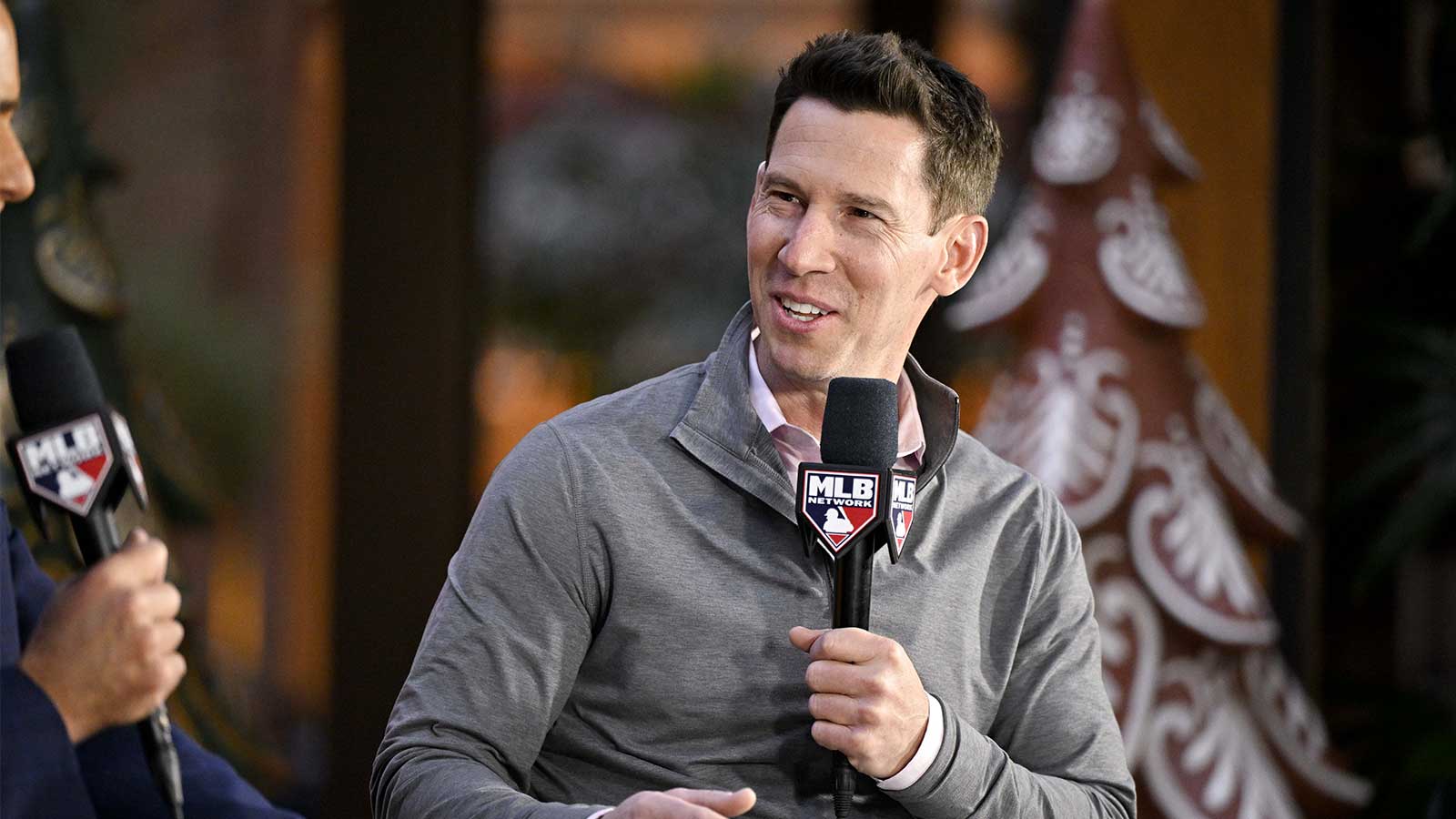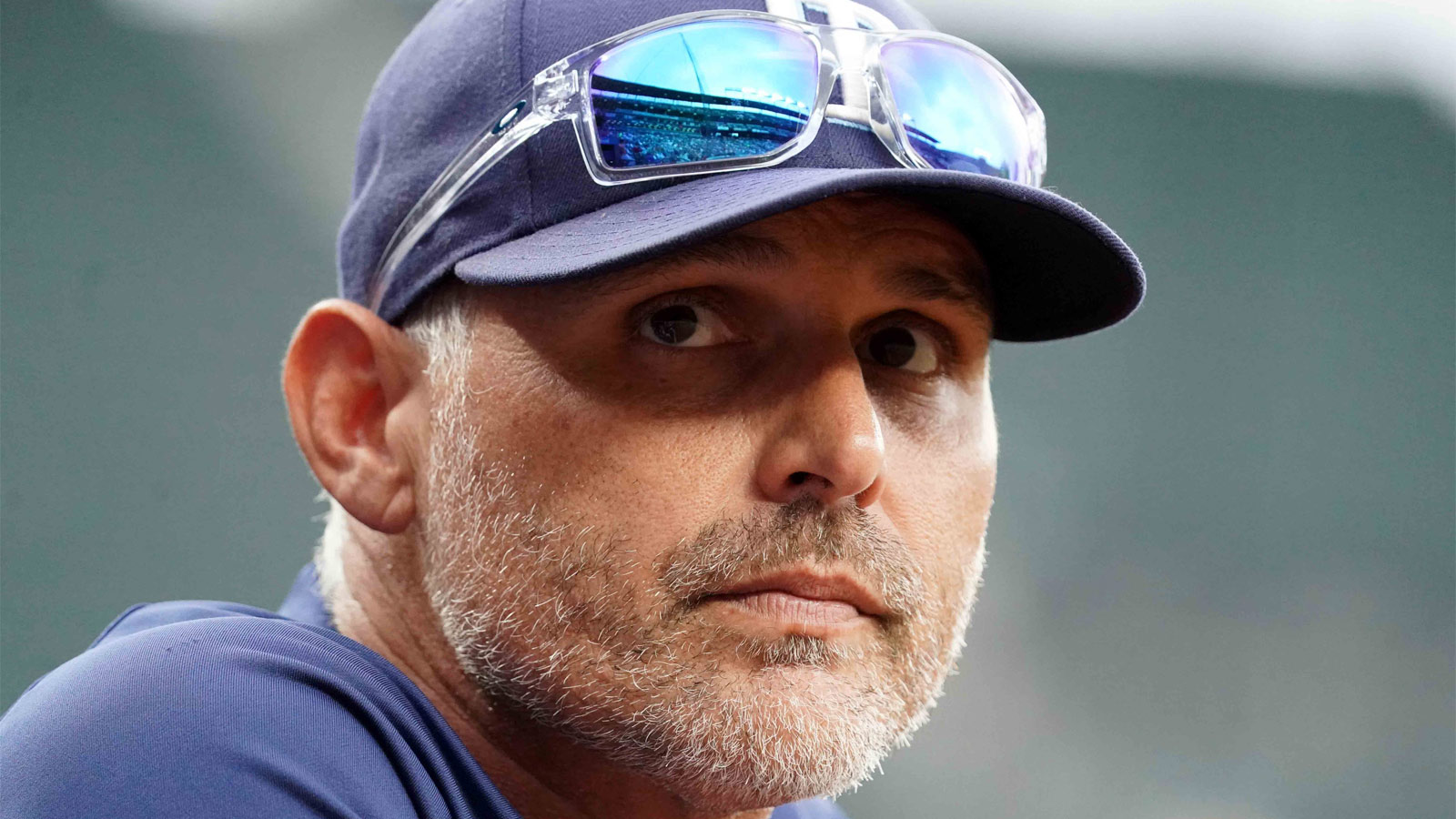Wade Boggs knew it was coming. That much was clear when he broke down in tears just days before the world learned that Ryne Sandberg, his Hall of Fame classmate and friend, had passed away. The former MLB stars, both inducted into Cooperstown in 2005, shared a bond that went beyond baseball.
“He’s my classmate,” Boggs said quietly, his voice cracking as he spoke during an interview with MLB reporter Jon Morosi. With tears streaming down his face, Boggs looked to the sky and said, “Take care of him, Lord.”
It was a rare and intimate moment from one of the game’s most respected hitters, offering a glimpse into the deep relationships that form over decades in Major League Baseball. Boggs’ heartbreak came just days before the tragic news that Sandberg had passed away at the age of 65 after a public battle with metastatic prostate cancer.
Sandberg, the Chicago Cubs legend and one of the greatest second basemen in MLB history, had announced in early 2024 that he was undergoing treatment for prostate cancer. By August of that year, he had shared that he was cancer-free. But just months later, in December, he revealed that the cancer had returned and spread. Sandberg remained strong in spirit, attending events when he could and staying in touch with fans and the baseball community.
His death was confirmed on July 28, 2025. He passed away peacefully at home, surrounded by his family.
The outpouring of grief across the MLB community was immediate. Teams, players, broadcasters, and fans paid tribute to Sandberg’s brilliance on the field and his grace off of it. But it was Boggs’ emotional moment just before the news broke that struck a particularly deep chord.
Boggs and Sandberg entered the Hall of Fame together in 2005. Though they played for different franchises—Boggs for the Red Sox, Yankees, and Rays, and Sandberg almost exclusively for the Cubs—their careers ran parallel in many ways. Both were known for their consistency, work ethic, and quiet leadership.
Their friendship grew through years of Hall of Fame events, reunions, and celebrations. That closeness made Boggs’ grief all the more visible.
Sandberg’s MLB legacy is remarkable. He was a 10-time All-Star, a nine-time Gold Glove winner, and the 1984 National League MVP. His smooth glove work, power hitting, and intelligence made him one of the most complete second basemen the game has ever seen.
But beyond the accolades, he was beloved by teammates and respected by opponents. His humility and quiet intensity made him a role model for younger players and a figure of admiration for fans in Chicago and beyond.
In baseball, the term “class act” is often used. But for those who knew Sandberg, it was not a cliché; it was the truth.
As Wade Boggs wiped away his tears and looked toward the heavens, the world saw not just a Hall of Famer mourning a friend, but a reminder that even among the legends of MLB, there exists a deep and enduring humanity.
Ryne Sandberg’s legacy will live on, not just in record books and highlight reels, but in the hearts of those who played beside him, cheered for him, and loved him.




















